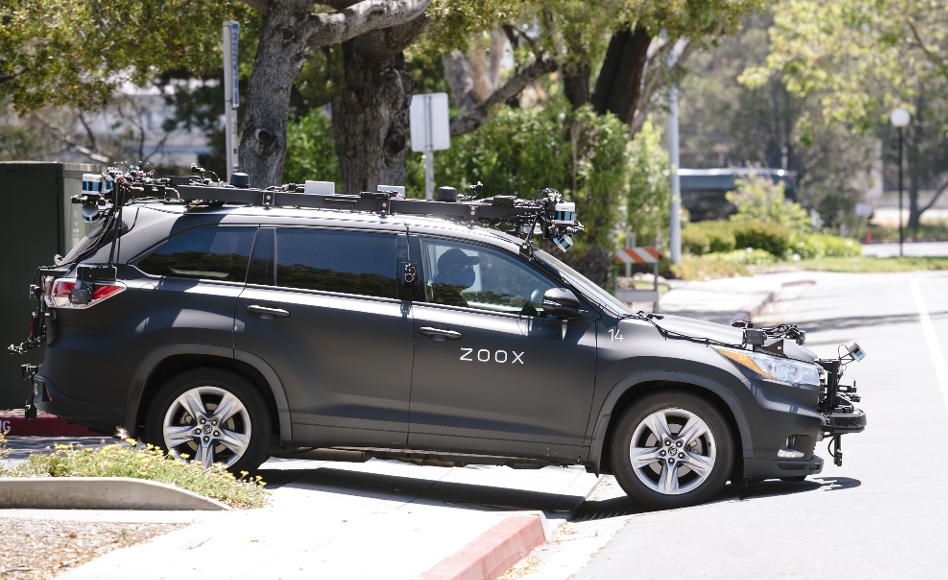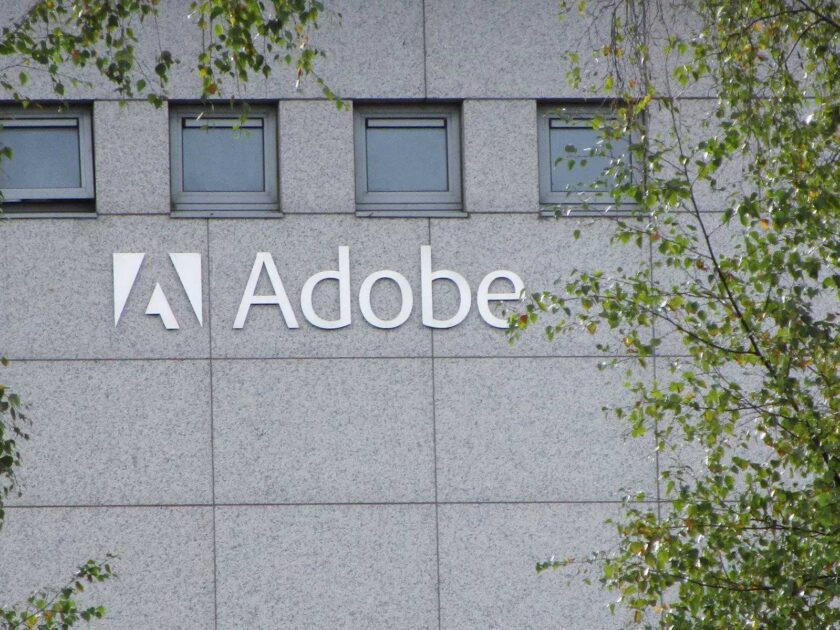Amazon is making strides into developing its own self-driving vehicles, agreeing to buy Californian start-up Zoox in a deal said to be worth more than $1bn (£810m).
The takeover was first reported by tech website The Information and was later confirmed by Amazon. Talks were said to have started between the two companies last month.
Zoox’s chief executive Aicha Evans and chief technology officer Jesse Levinson will continue to lead the team as a standalone business after the deal has completed, Amazon said.
The takeover is believed to be part of Amazon’s plans to begin developing fleets of autonomous vehicles.
Zoox will continue to exist as a standalone business, according to Amazon’s announcement, with current CEO Aicha Evans continuing in her role, as well as CTO and co-founder Jesse Levinson. Their overall company mission will also remain the same, the release notes. The Financial Time reports that the deal is worth $1.2 billion.
The Wall Street Journal had reported at the end of May that Amazon was looking at Zoox as a potential acquisition target, and that the deal had reached the advanced stages.
Zoox has chosen one of the most expensive possible paths in the autonomous driving industry, seeking to build a fit-for-purpose self-driving passenger vehicle from the ground up, along with the software and AI end to provide its autonomous driving capabilities. Zoox has done some notable cost-cutting in the past year, and it brought in CEO Evans in early 2019 from Intel, likely with an eye toward leveraging her experience to help the company move toward commercialization.
The ability to deliver anything in an Amazon warehouse on short notice will be a very attractive product. The cost of robot delivery will be low enough to be bundled in with Amazon Prime. If you can get anything in one of those giant Amazon warehouses in 30 minutes, that’s scary news for the rest of retail. It’s actually good for the other robotic delivery companies (including Starship, where I am a stockholder) because it means Amazon’s retail and delivery competitors will have no choice but to work with other robotic delivery companies if they want to stay alive. It’s bad news for UPS, Fedex FDX , DHL and the post office.




